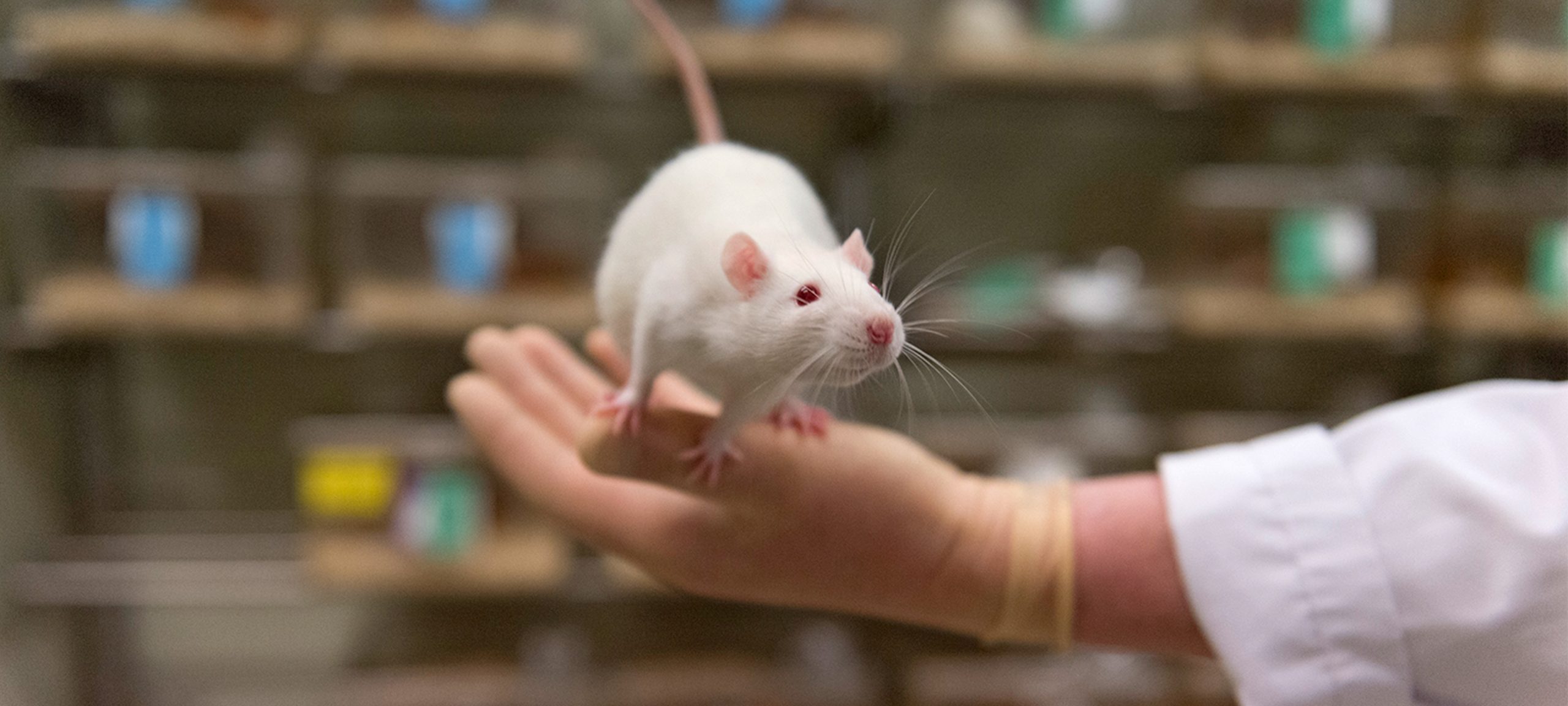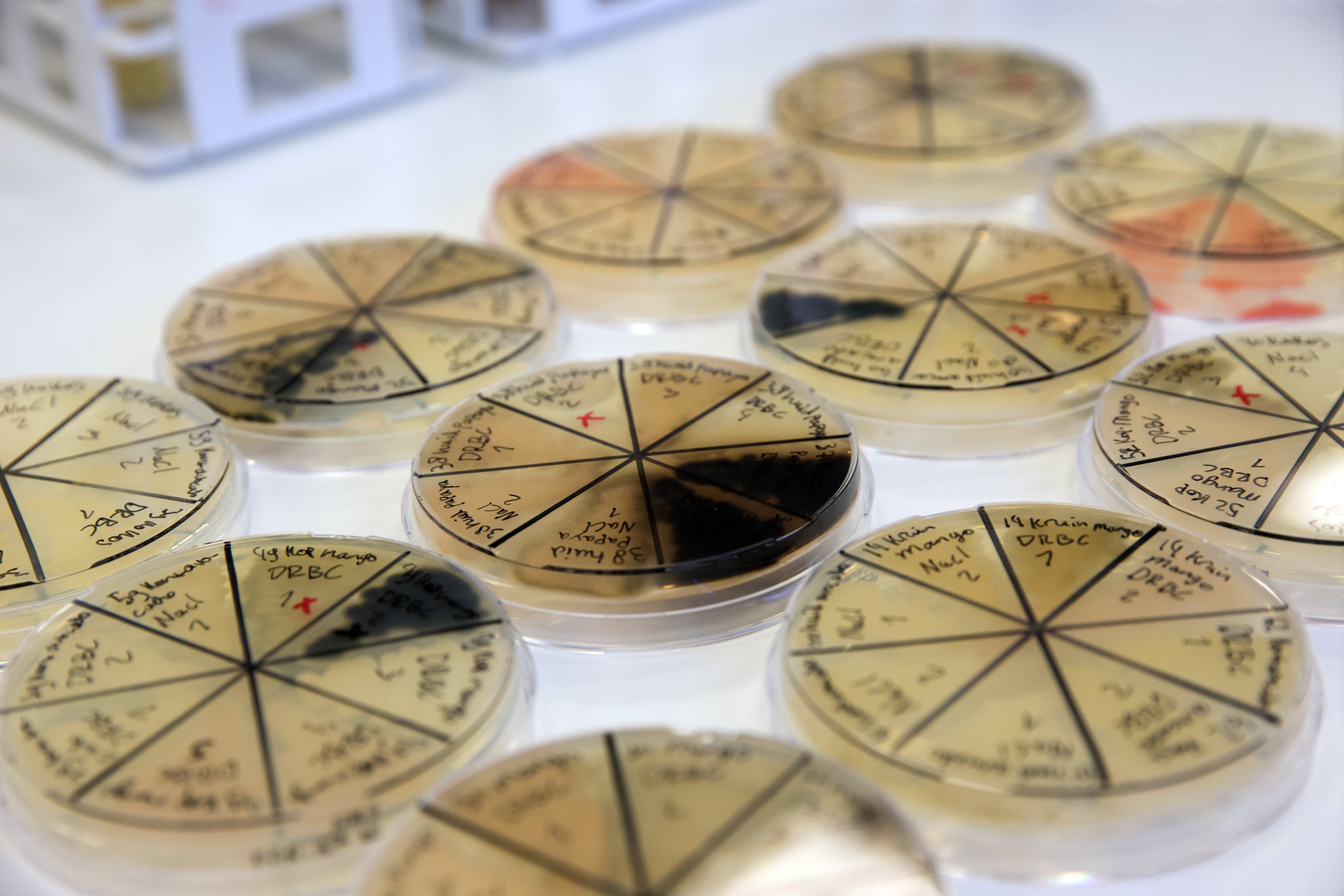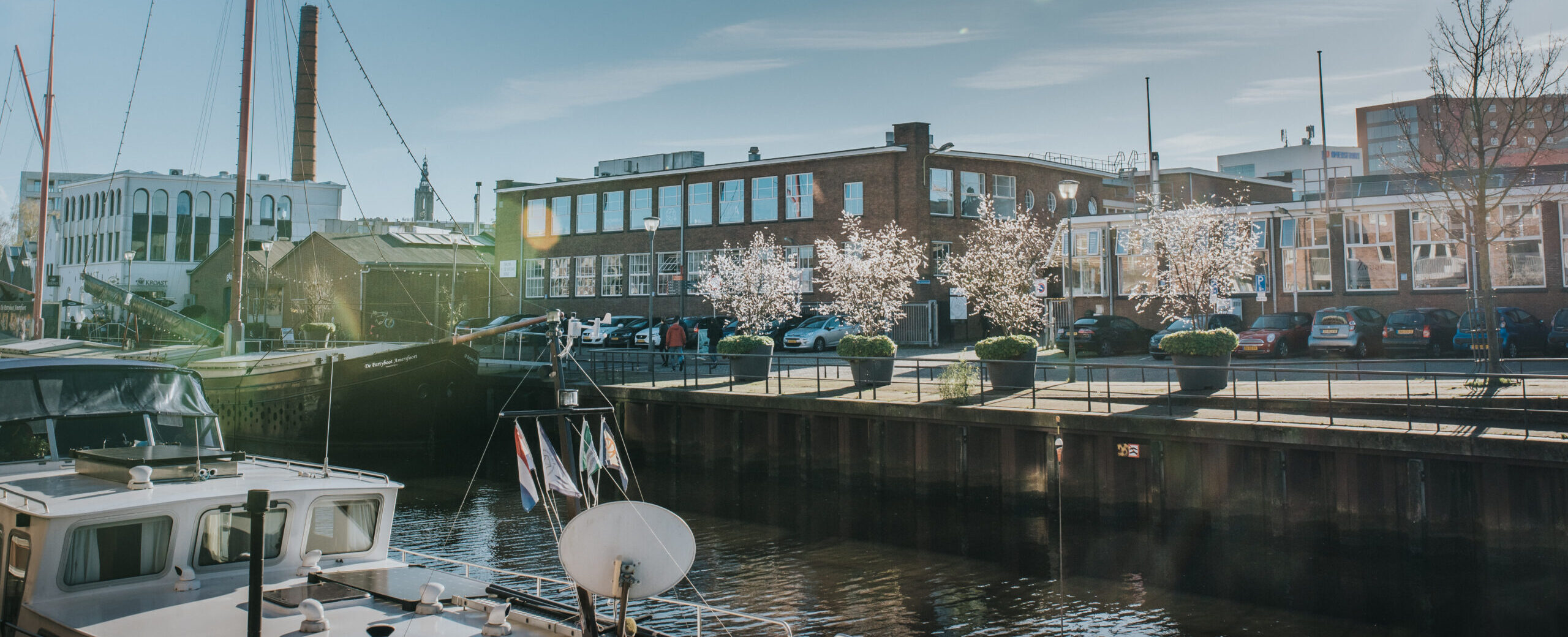In Utrecht, Heart of Health, Genmab is working on breakthrough antibody therapies that offer hope for patients with cancer and other serious diseases. The company plays a crucial role in international research and development of drugs against these diseases. Thus, Genmab contributes to the ambition of the Utrecht region to be at the forefront of this fight. What exactly do the therapies entail, and how does Utrecht play a role in the company’s success?
Antibodies are proteins that our immune system produces to fight off pathogens such as bacteria and viruses. Genmab exploits this natural defense mechanism by designing and modifying these antibodies to target cancer cells. The idea is that these modified antibodies recognize the diseased cells, bind to them and then destroy them. This process aims to leave as many healthy cells unaffected as possible, making the treatment less likely to produce any side effects.
Knowledge, expertise and a lot of patience
‘Our therapies address very precisely certain diseases, such as specific cancers,’ explains Judith Oprins. She is Vice President, Head of Global Lab Management & Site Lead NL at Genmab. ‘We look for specific molecular targets, which are different on diseased cells than on healthy cells. Combined with our innovative antibody technologies (DuoBody®, HexaBody®, Antibody-Drug Conjugates) that make our products so special, we then devise and develop targeted antibodies for that can destroy these disease cells, along with help from our own immune system. There are more than a hundred different types of cancer, which can also vary from person to person. Therefore, one type of antibody drug cannot attack all types of cancer because of the disease cells’ unique characteristics and disease mechanisms.
‘Developing a new antibody therapy takes a long time. From an initial idea to a clinically tested drug for patients can take up to 15 years,’ said Oprins. Genmab began their research program more than 25 years ago and has since made great strides in developing effective treatments. ‘Currently we have two approved proprietary drugs and six approved drugs together with partners. These partners use our antibody expertise or technologies. In addition, we have a strong research pipeline with many more drug candidates that we are now developing further.’
Everything for patients
For patients, Genmab’s therapy means more than just a new treatment. ‘One of the big advantages is that some of our therapies can be administered via a so-called subcutaneous injection. Via a prick under the skin, in other words. This is often a less invasive option for the patient than traditional treatments, because this variant can be administered at home. The hope is that our therapies can not only slow down the disease, but also put patients into remission, as is already the case with some cancers.
‘One of the greatest moments for me was when I heard about a patient who went into remission thanks to one of our therapies,’ says Oprins. ‘Indeed, this was the therapy I was working on when I just started at Genmab. Such impressive stories remind us how important our work is and why we continue to innovate.’
Why Utrecht is the perfect base
For Genmab, Utrecht Science Park turns out to be the ideal location for its headquarters. ‘The Utrecht region offers a perfect ecosystem for innovation,’ Oprins explains. ‘There is a lot of talent here and we also work closely with institutions such as UMC Utrecht, the university and Hogeschool Utrecht. With research groups at the university we exchange very specific fundamental knowledge and with the UMC we conduct patient-oriented research or education in certain areas. We also work with Utrecht University of Applied Sciences on education so that it fits in well with practice. We get trainees who get to know our beautiful and impactful work. By working together, we all keep that ecosystem alive. It connects us and brings us closer to the common goal: to develop more treatment options for cancer and other serious diseases.’
A global impact
Genmab now has facilities in the Netherlands, the United States, Denmark, Japan and China. From Utrecht, Genmab coordinates the development of new therapies used to treat patients worldwide. ‘We have now treated more than a 650,000 patients with antibodies from Genmab or therapies for which Genmab was the basis,’ says Oprins. ‘Because we do much of our research here in Utrecht, we not only put Genmab on the map, but also Utrecht as a leader in international cancer and life science research.’







